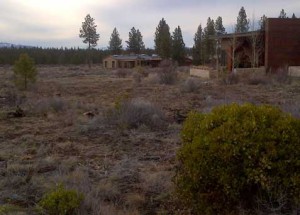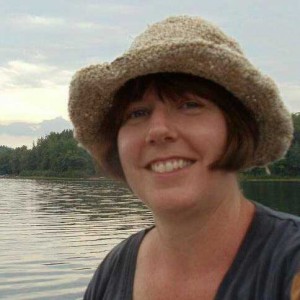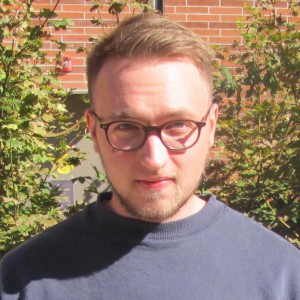 While living in North Carolina, trips to the beach included seeing which homes had been claimed by the ocean since the last visit. As an undergrad studying sustainable development, I did not understand or agree with policies that allowed continuous development along our valuable and unstable coastlines. Mitigating, or reducing, risk to rising sea levels and larger more frequent storms seemed counterintuitive, when preventing development could eliminate the risk altogether.
While living in North Carolina, trips to the beach included seeing which homes had been claimed by the ocean since the last visit. As an undergrad studying sustainable development, I did not understand or agree with policies that allowed continuous development along our valuable and unstable coastlines. Mitigating, or reducing, risk to rising sea levels and larger more frequent storms seemed counterintuitive, when preventing development could eliminate the risk altogether.
Now a Master of Community and Regional Planning candidate and a member of the Community Service Center’s Community Planning Workshop (CPW) team working on the Deschutes County Code review project in Deschutes County, I have a different perspective on natural hazard mitigation. I have learned that obstructing development to eliminate risk is not only unfeasible, but a protection provided by the Fifth Amendment.
My team is conducting a review and analysis of the Deschutes County Code as it relates to natural hazards. The project focuses on hazards, primarily flood and wildfire, that can be reduced through land use planning. The wildfire hazard zone in Deschutes County encompasses approximately 97% of the county. The occurrence of wildfire events, like coastal hazards, is not a matter of ‘if,’ but ‘when.’ The code review project allows me an opportunity to see first-hand how land-use planning and community development tools can reduce the risk of wildfire.
Land-use planning can create and maintain defensible spaces that protect property and lives. Codes and ordinances regarding site plans, design standards and special use zones take into consideration natural hazard mitigation. Deschutes County has seven different Community Wildfire Protection Plans (CWPP’s) each addressing the needs and offering recommendations for reducing vulnerability and creating defensible space for each community. As a student and tourist it is inspiring to see how Deschutes County officials and residents work together to reduce the risk of wildfire by creating and managing defensible space.
Central Oregon FireFree and Project Wildfire programs are examples of how Deschutes county government relies on homeowners and community member participation.
The Central Oregon FireFree Program is a semi-annual recycling program that promotes a 30-foot defensible space around each home. By providing pick up of yard debris of needles, leaves, small branches and brush, fire fuel is reduced and homeowners protect themselves and their neighborhoods. The mission of Project Wildfire, a result of Deschutes County ordinance 8.24.010, creates a network of county officials, experts, and community members who collaborate to design and promote wildfire mitigation strategies. Inclusion of community members in the networks gives officials a perspective of how the public has interpreted the county’s efforts in wildfire reduction and management. Collaboration with community members may also provide insight to increase participation in fire fuels reduction and increase of defensible space programs.
It is clear to me that Deschutes County’s ordinances and programs are designed to reduce loss of lives and property. In doing so, the county also protects what draws residence and tourist to the county. Well managed and defensible landscapes will provide recreational opportunities for residents and tourists for generations. Even in the high desert of Deschutes County, you are never able to eliminate the risk of natural hazards, but with proper management and creation of defensible space you can reduce it.
 About the Author: Maureen Jackson is a first-year Masters candidate in Community and Regional Planning. Originally from the northwest suburbs of Chicago, she recently moved to Eugene from North Carolina where she received a Bachelor of Science in Sustainable Development. When she’s not busy with coursework, you can probably find Maureen roaming Eugene’s farmers markets or sampling local food at neighborhood restaurants.
About the Author: Maureen Jackson is a first-year Masters candidate in Community and Regional Planning. Originally from the northwest suburbs of Chicago, she recently moved to Eugene from North Carolina where she received a Bachelor of Science in Sustainable Development. When she’s not busy with coursework, you can probably find Maureen roaming Eugene’s farmers markets or sampling local food at neighborhood restaurants.


